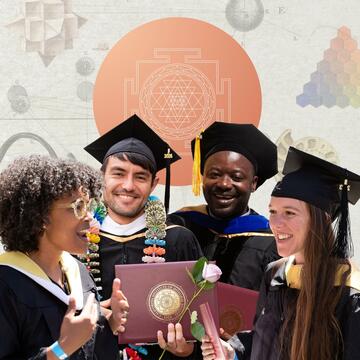
CIIS Presidents on Integral Education
Throughout CIIS' history there have been eight presidents and from the university's earliest incarnations, integralism has been a foundational principle shaping CIIS' unique educational environment. Each generation of leadership has offered its own interpretation of the concept. Take a glance at the various CIIS' presidents definitions on integral education.
Thoughts on Integralism
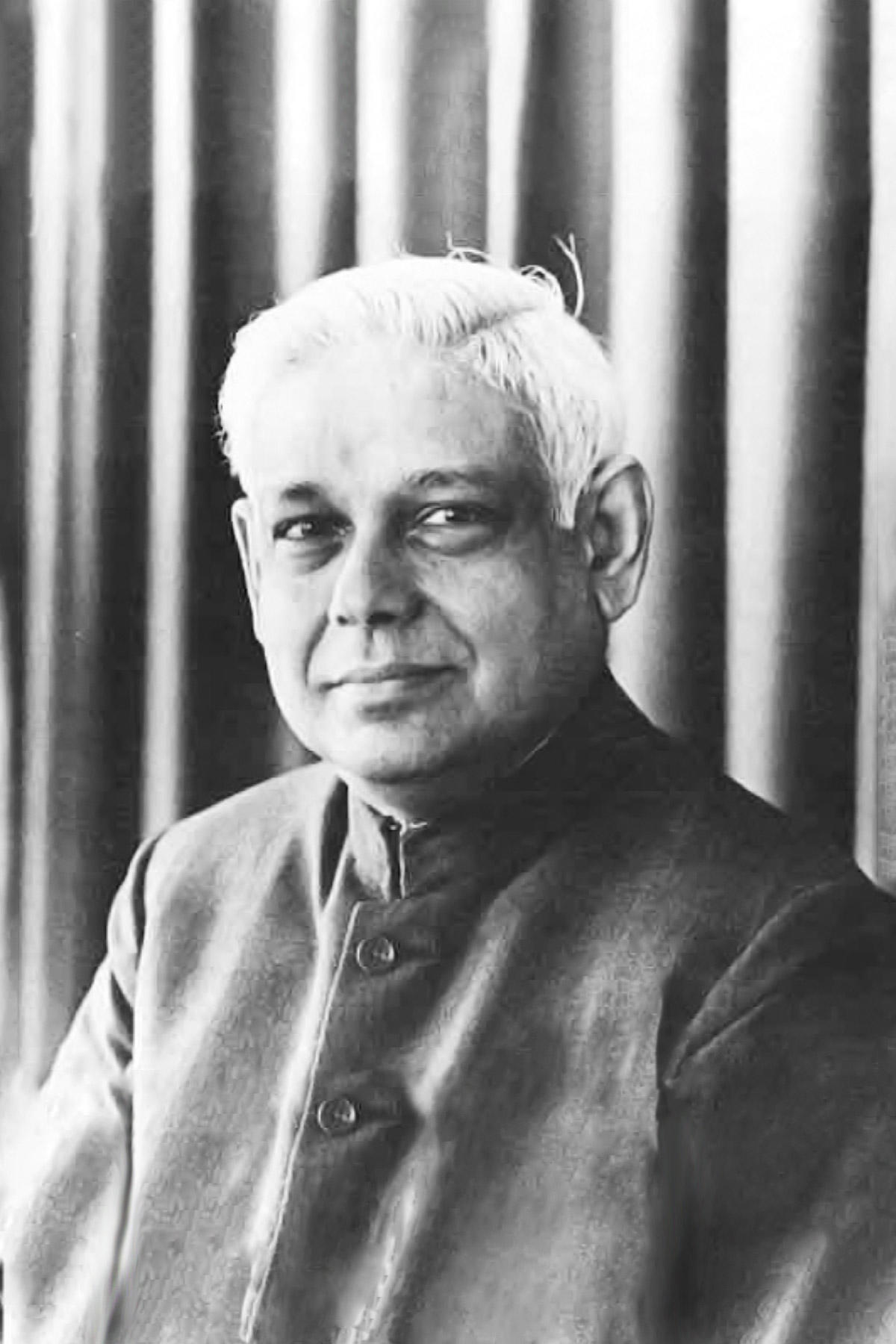
Haridas Chaudhuri 1968-1975
"Integralism stresses the concept of balanced harmony between the material and the spiritual."
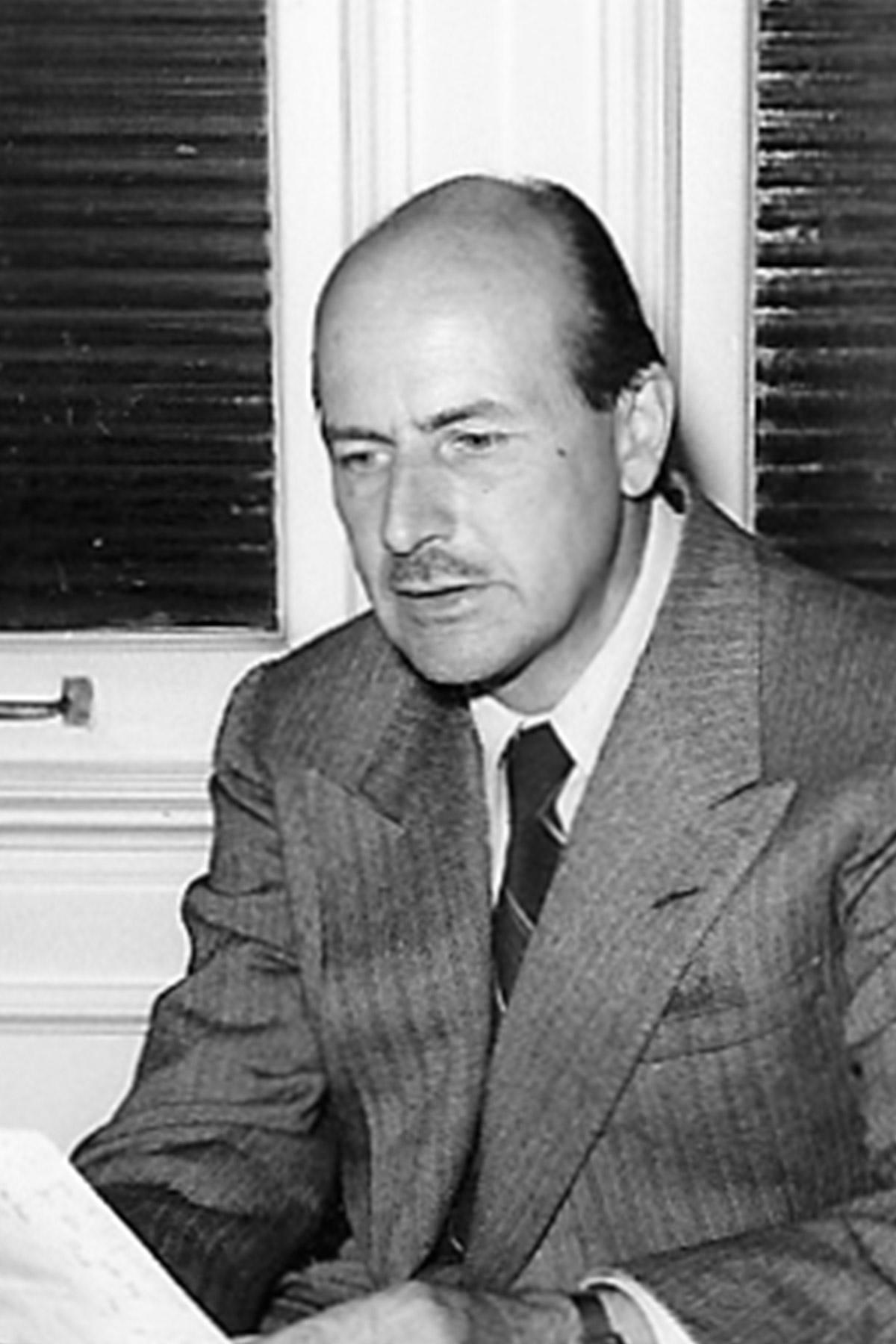
Frederic Spiegelberg 1976-1978
"We have the same scope of learning as university departments can offer. On the other hand, we, like the ashrams ... emphasize the study of meditation practices of all kinds without trying to achieve spiritual results in an instant."
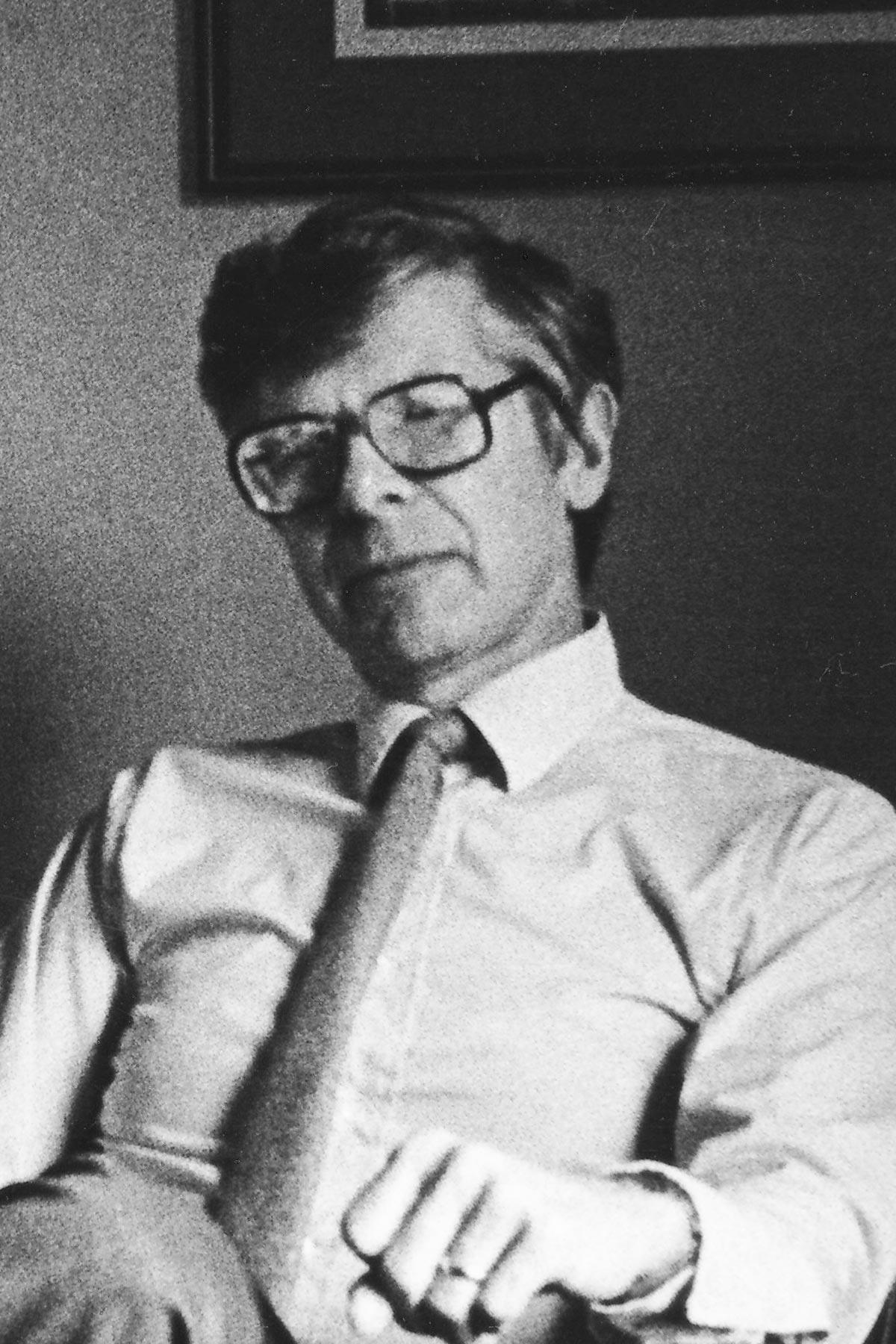
Theodore M. Vestal 1979-1983
"Education at the Institute is carried on by knowledge of the self and of nature, by books, and by action. This integral education of mind, body, and spirit forms the background of the systematic study and research of integrated East-West views of psychology, religion, culture, and the arts."
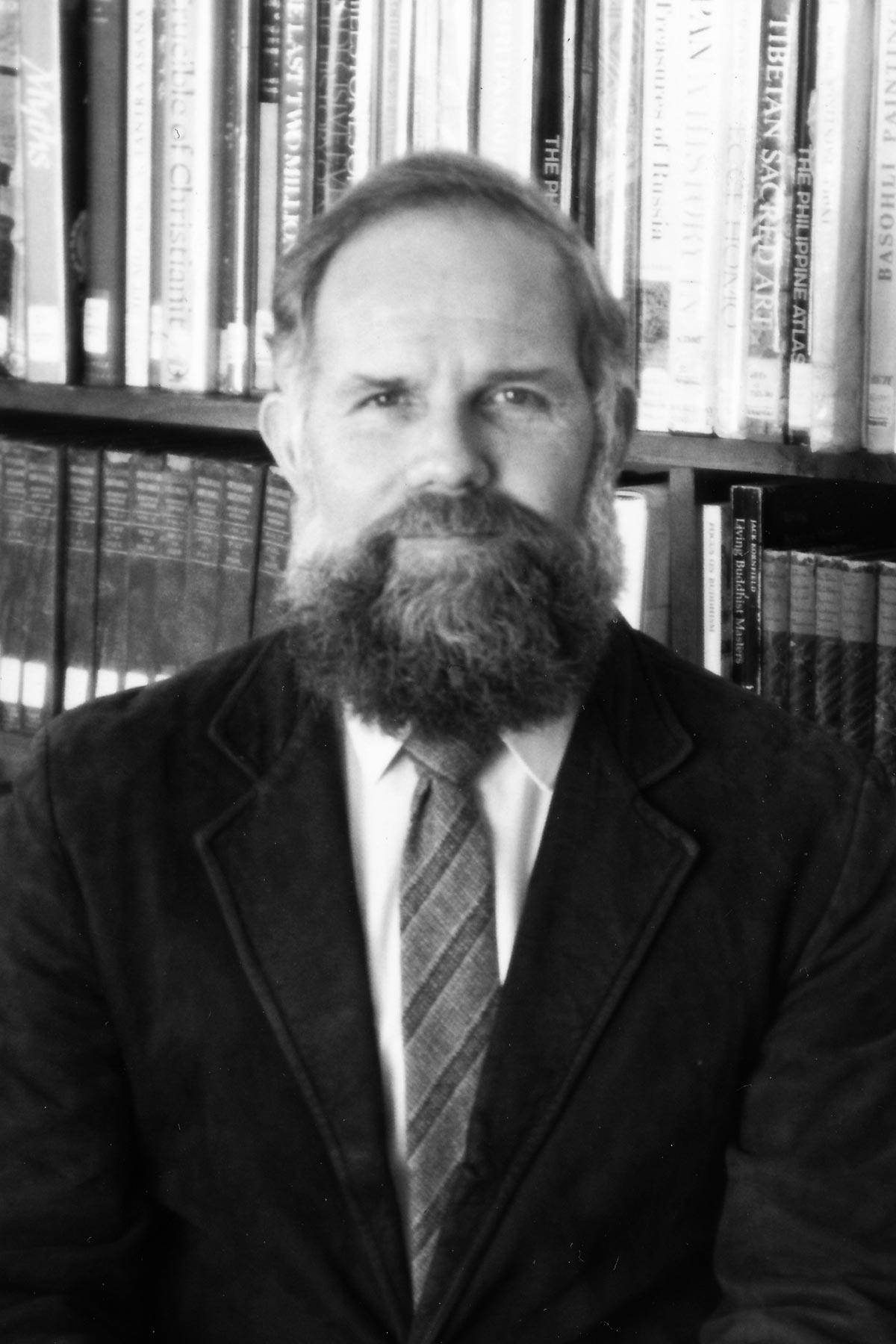
John Broomfield 1983-1989
"To integrate intellectual, experiential, and spiritual learning. How wonderful that an institution incorporating this vision is already in existence, and thriving. What, then, is our task? To enrich and enliven the creative present, encouraging diversity, including that contention and disagreement which is yeast to the social dough ... "
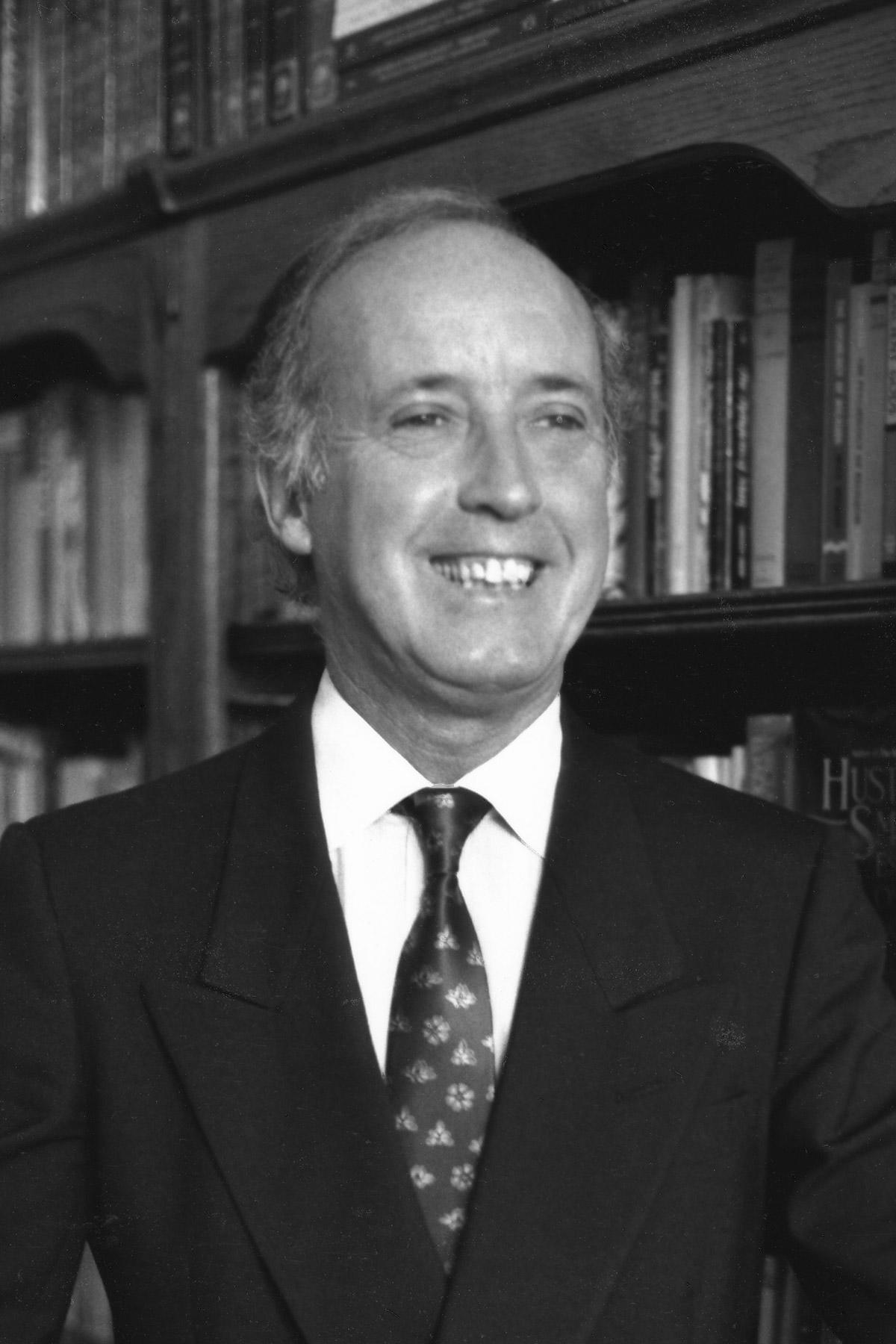
Robert McDermott 1990-1999
"Based on the yogas of the Bhagavad Gita-knowledge, love, and selfless action-'integral' or 'integralism' is the name of the philosophy and spiritual discipline of Sri Aurobindo and Haridas Chaudhuri. As applied to higher education, these terms refer to multiple ways of thinking, love of humanity and Earth, and work on behalf of the evolution of consciousness."
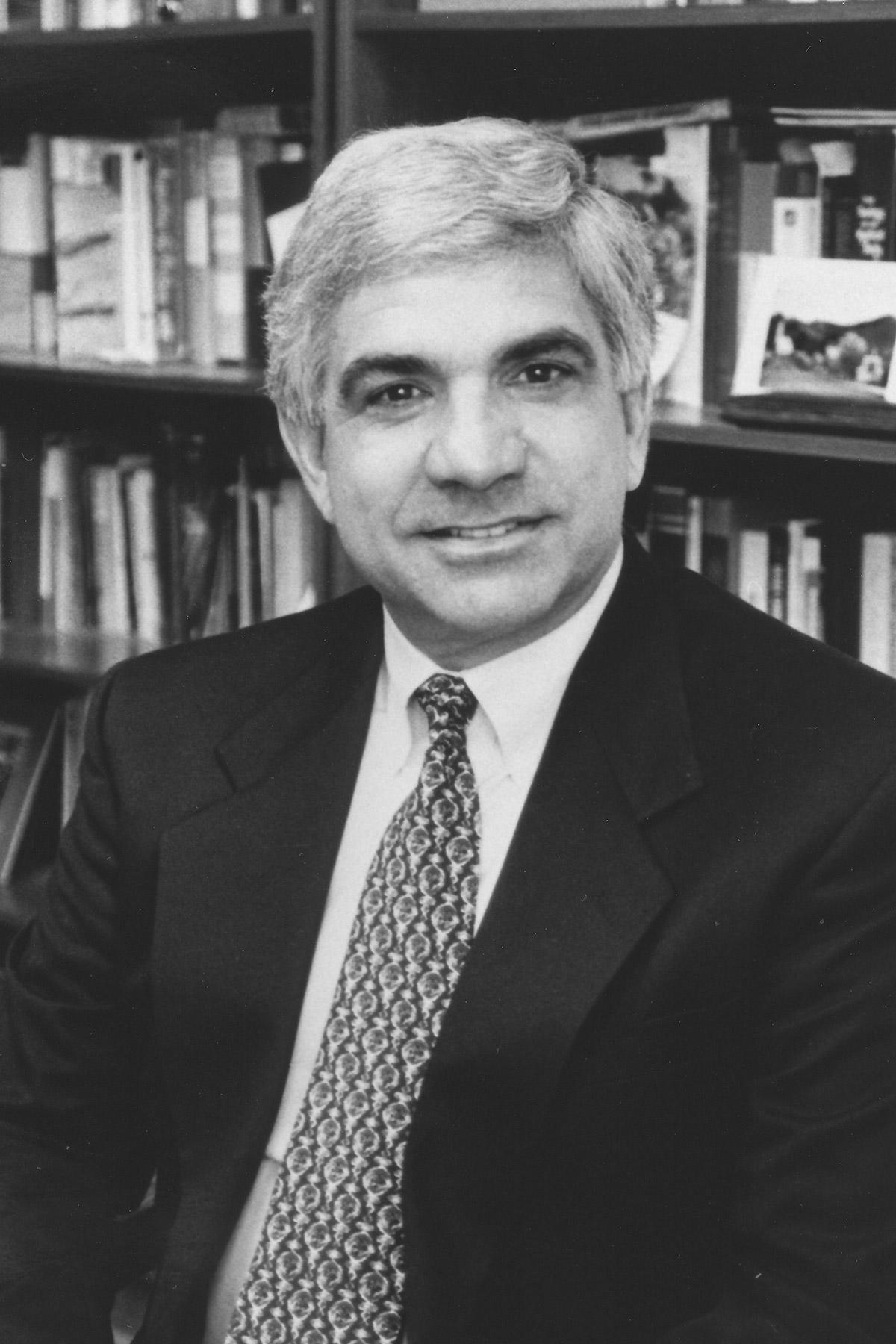
Joseph L. Subbiondo 1999-2016
"By recognizing that knowledge is integrated, and spirituality is a critical part of this integration, we open higher education to be more inclusive and holistic than it has ever been. Due to the efforts of leading educators and educational associations, the recognition, study, and support of such integration is increasing."
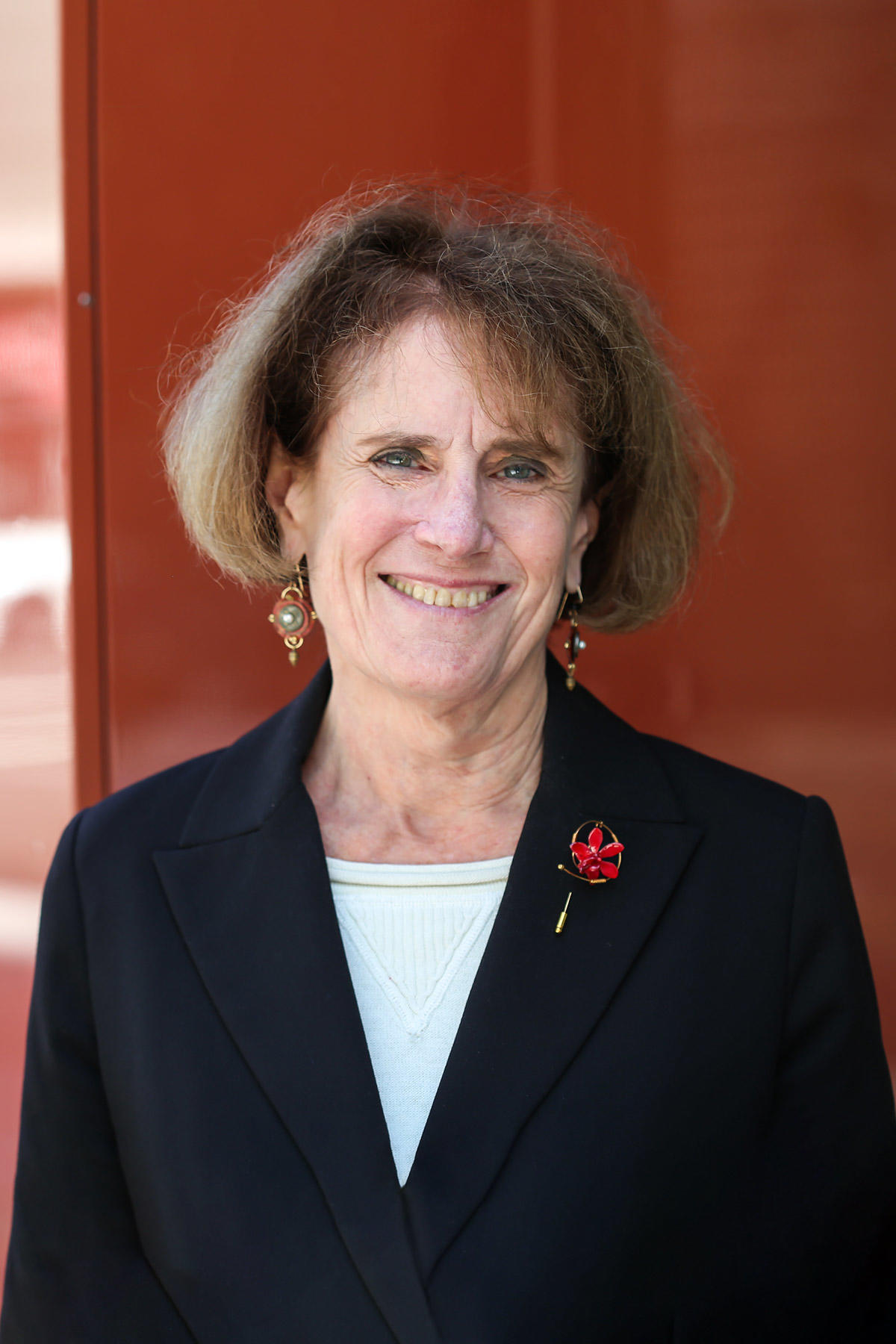
Judie Wexler 2016-2021
"The integral approach that has evolved over time builds upon transformational and intellectual goals with an emphasis on wholeness, reflection, and action in the world. The integralist emphasis on the importance of spirituality is reflected sometimes in explicit content, but more often in practices that arise out of the belief that learning best occurs when students' internal lives are engaged."
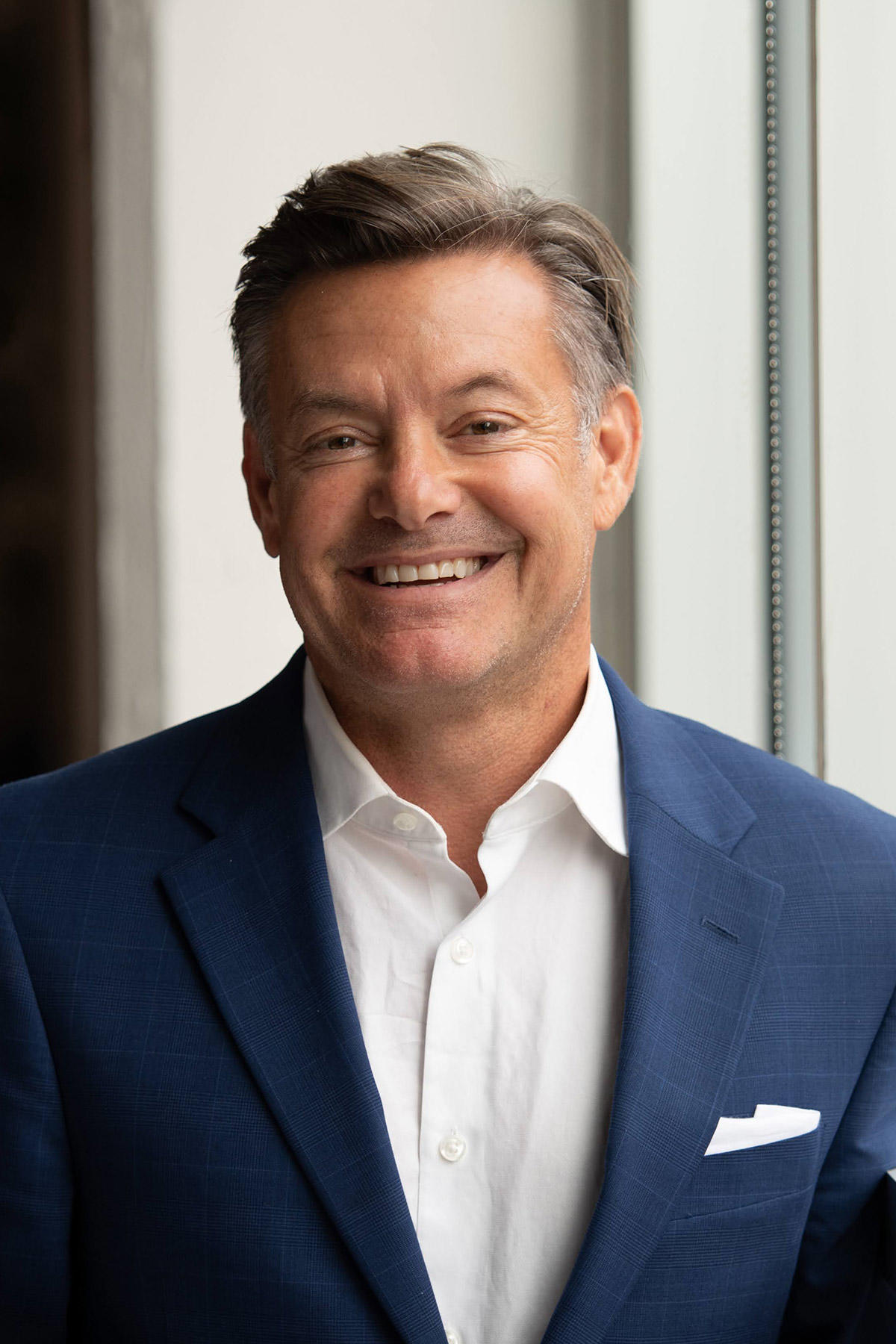
S. Brock Blomberg 2021-Present
"CIIS was founded as a small community with a big vision: to give people of all backgrounds and beliefs the opportunity to transform self, society, and Earth through an integral education and an evolution of consciousness. For 54 years, that bold and courageous confidence in the potential for human flourishing has been renewed with each graduating class."
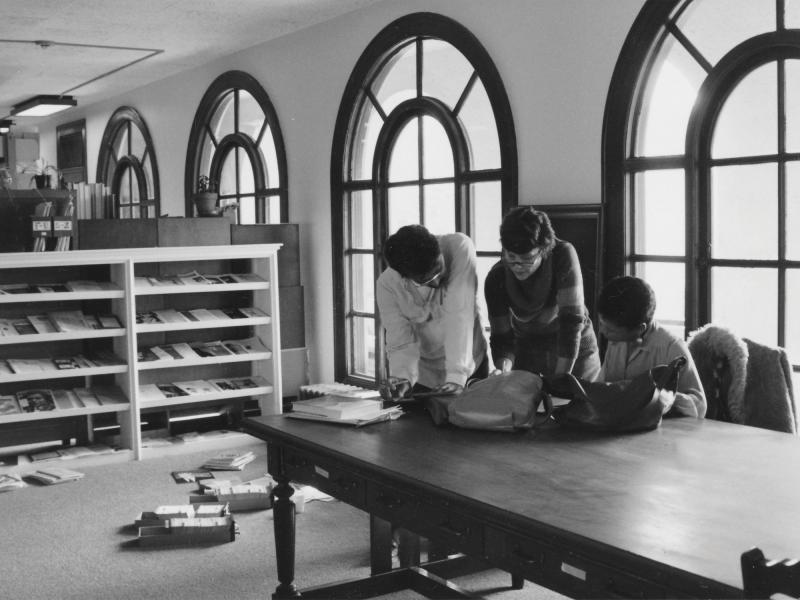

Our Story
It was fall 1950 when a Stanford University professor and an Indian philosophy scholar joined forces to start an innovative school grounded in integral philosophies — the first ever. Learn where integral education began for us.
Listen to the Conversation
Listen to the Conversation
On the Present and Future of Integral Education at CIIS and Beyond
President Blomberg and Provost Littles share insights on the current moment at CIIS and beyond, as well as the role higher education plays in our world today.
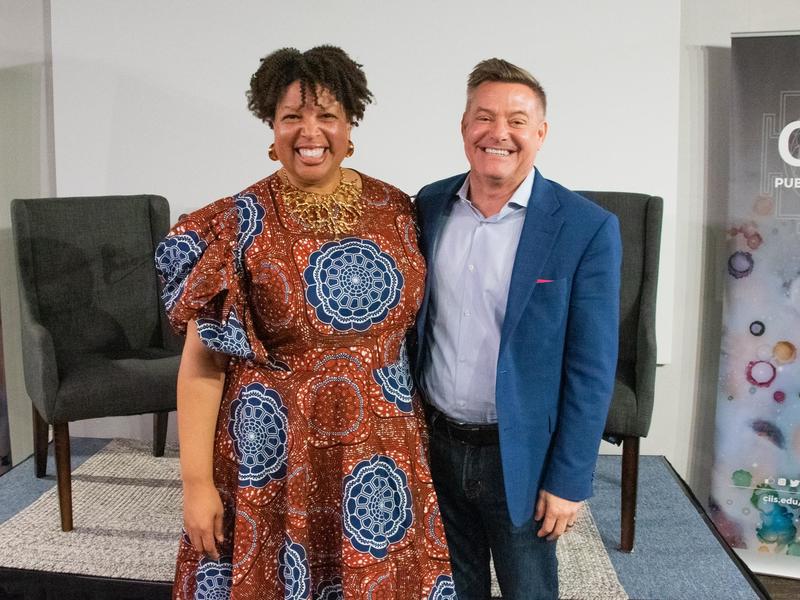

Meet the Executive Team
CIIS’ senior administrators embody and uplift our Seven Commitments, honor our history and traditions, and engage with the community to shape a shared vision for the University’s future.
